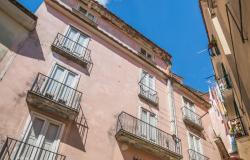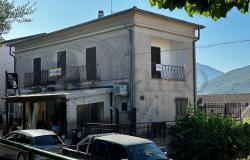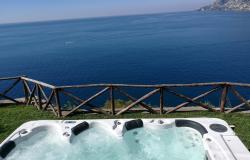 A tainted toothpaste alert continued in Italy on Thursday with the seizure of dozens more tubes of fake Colgate. Police swooped on several shops in and around Naples where the counterfeit toothpaste was being sold at a discount price.
A tainted toothpaste alert continued in Italy on Thursday with the seizure of dozens more tubes of fake Colgate. Police swooped on several shops in and around Naples where the counterfeit toothpaste was being sold at a discount price.
More than 200 tubes were taken away for testing, including 75 from a shop reported to the police after a 61-year-old man suffered gum and throat inflammation from using the fake toothpaste he had bought there.
The counterfeit toothpaste was made in Vietnam, South Africa, Belgium and Brazil, police said.
They said that tests on a previously confiscated batch of fake Colgate had revealed the presence of harmful substances but did not give details.
Some 20,000 tubes of fake Colgate toothpaste were seized across the Italian mainland on Saturday amid fears that the products could contain harmful bacteria or toxic elements such as diethylene glycol, an industrial solvent used in paint and antifreeze.
The Higher Health Institute (ISS) has begun testing samples of the toothpaste, which police said was produced in Asia, the Middle East, South America and Africa, and the results are expected by the end of the week.
The alarm spread to Sicily on Wednesday where dozens of tubes of fake Colgate were seized from street markets and stands in and around Siracusa on the southeast coast of the island.
The seizures follow toothpaste scares in Spain, the US and Canada which mainly concerned products made in China.
Britain issued an alert on Thursday after tubes of fake Sensodyne toothpaste were found to contain toxic levels of diethylene glycol.
The Italian Health Ministry has urged Italians to carefully check the labels on toothpaste products, stressing that fake ones are easy to spot because the labelling is only in foreign languages and usually contains evident misspellings.
Colgate issued a statement on Monday assuring consumers of the safety of its products.
"Colgate toothpaste sold on the Italian market is produced in factories in the European Union or Brazil. Genuine tubes of Colgate are easy to identify because the writing on the labels must include Italian and refer to Colgate-Palmolive Italian," it said.
"Colgate is in no way involved with these illegal, counterfeit activities," it added.
The EU warned member states in May about the dangers of fake and possibly tainted products ending up on national markets, in particular toothpaste of Chinese origin.







